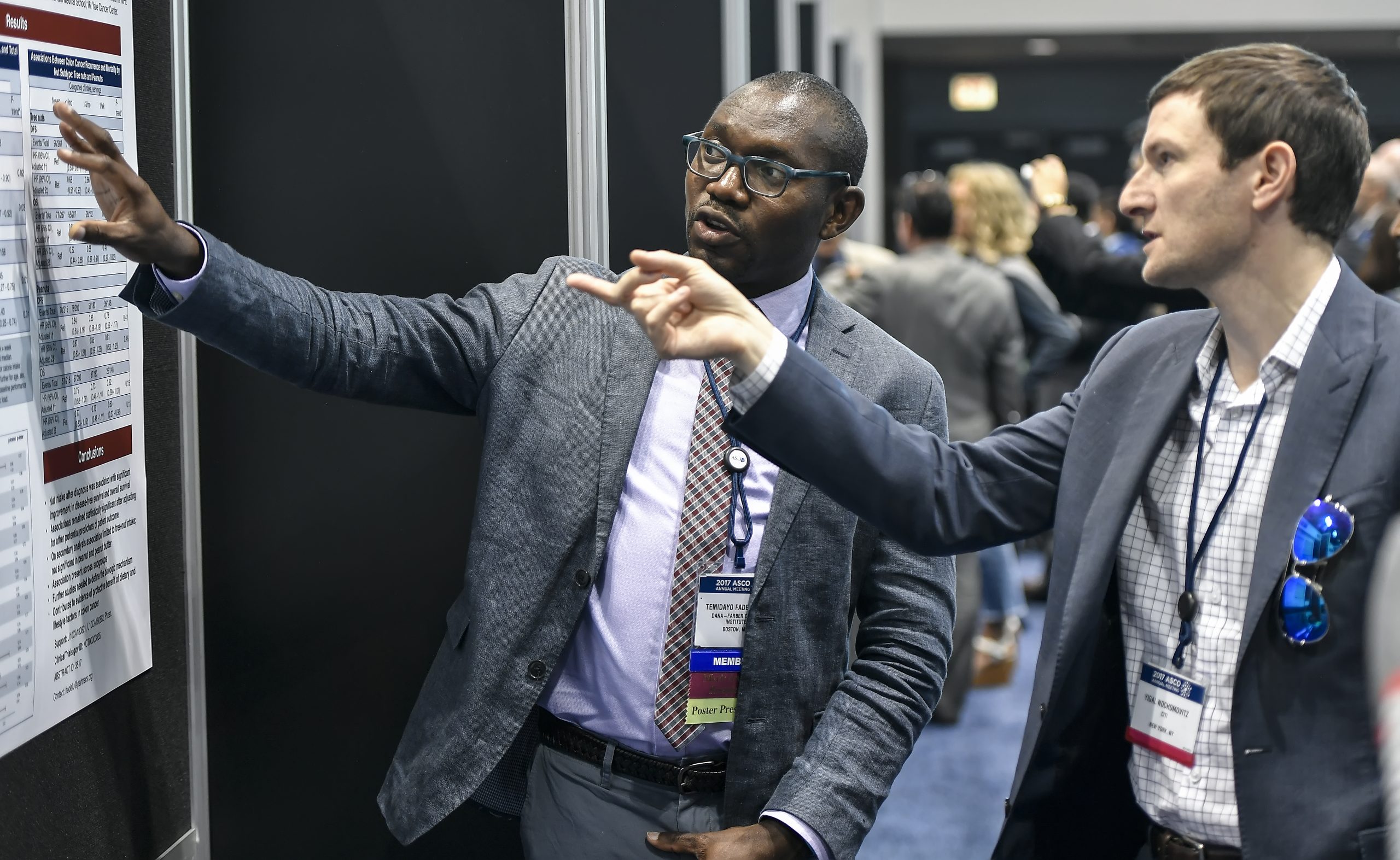High cost of cancer drugs takes centre stage at ASCO

The cost of cancer drugs became a major talking point at this year’s ASCO conference, where doctors raised concerns about the “financial toxicity” patients face in paying for very expensive treatment.
New cancer treatments, such as immunotherapy, can cost $100,000 a year in the US, a figure which many now say is unsustainable.
This is a concern for patients as well as health insurers in the US, as patients may have to cover the cost of some or all of their medicines depending on their insurance plan.
The financial implications of cancer can be frightening, with some patients tipped into bankruptcy by their medical costs.
Scott Ramsey, director of the Hutchinson Institute for Cancer Ourcomes Research, at Seattle’s Fred Hutchinson Cancer Research Center told The Washington Post: “This is the new epidemic — people going under to pay for their drugs.”
Many speakers and sessions at the congress touched on the theme.
https://twitter.com/dhjutsw1/status/871357627829243905
But the issue of cost emerged elsewhere in the conference – when Roche presented data on its Pertuzumab and Herceptin combination in adjuvant breast cancer, it wasn’t just the disappointing efficacy data that caused a stir.
Doctors were quick to point out that the drug produces a very small reduction in risk of cancer progression at a huge per-patient cost.
https://twitter.com/jamecancerdoc/status/871753623730094082
Aside from Roche’s disappointing data, there were also wider concerns about the quality of clinical trial data provided to support use of cancer drugs.
While regulators are increasingly comfortable with approving cancer drugs based on early data, some oncologists questioned the common pharma argument that overall survival (OS) data takes too long to produce.
Doctors said calculating an overall survival rate is in some cases possible before the five year period usually used as a yardstick for calculating an OS value.
The contention is that pharma has no excuse for failing to provide data to show that drugs produce “bang per buck”.
https://twitter.com/VinayPrasad82/status/870740537418039296
The Hutchinson institute’s Scott Ramsey said he supports a “pay-for-performance” model where drug prices are reduced if treatments don’t prove as effective as promised.
Ramsey also seemed to support a NICE-style cost-effectiveness system, such as that which has already been developed by the ICER Institute in Boston but not adopted nationally on a mandatory basis.
He told the Post: “We've got to allow insurers to say no when the price is too high and the benefit is too small. Otherwise, I don't know how we'll put pressure on the drug companies.”
For its part, pharma says PBMs and the convoluted insurance systems mean some patients are missing out on the discounts that companies are increasingly offering.
Pharma is still waiting for president Donald Trump to publish firm policies on how he will tackle the issue of high drug prices. However new FDA Commissioner Scott Gottlieb has signalled it is a priority issue for his agency, even though it has no direct say in pricing or reimbursement matters.











